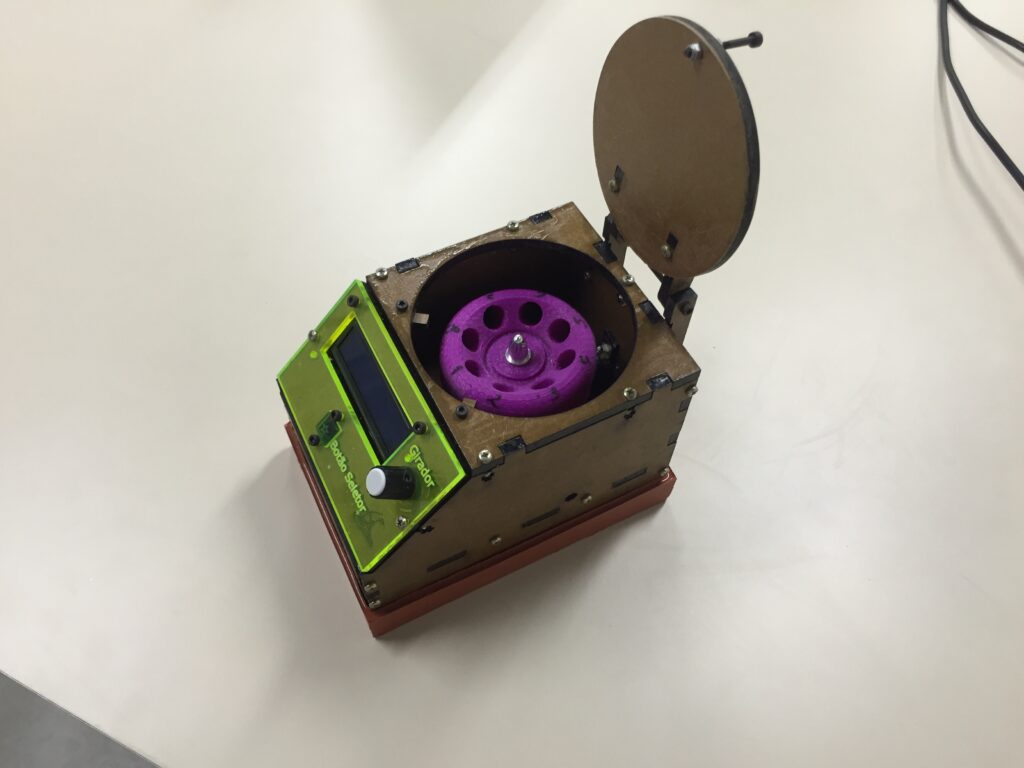
This dissertation aims to closely follow (bio) hacker practices beaconed by political guidelines of opening and democratization, carried out at first within the University of São Paulo, a “traditional” research institution, but integrating networks and building alliances that enlarge and thicken the actors and places authorized to engage scientific practices. It is na experimental ethnographic exercise carried out by the encounter with participants of the USP Synthetic Biology Club and whose fielwork was specially sited on the manufacturing processes of “do-it-yourself” (DIY) scientific artifacts, for instance, equipment to carry out molecular biology research. I follow the flows and concatenations of events during the period I was in the field, aiming to highlight the transformation itself of what constituted this field, going from the weekly meetings and particular projects of the Synthetic Biology Club to experiences carried out along the (bio) hacker network I got in touch with. My starting point is an initial question brought to the field: Why practices with the opening guideline flourishes in this knowledge “frontier”, the Synthetic Biology? The contrast between the official history of development in this emerging scientific field, whose origin are at MIT- Harvad labs, and the lived experiences led me to observe the tensions between the possibilities of scientific production we found locally and the scientific “state of art” coming from the U.S and Europe by means of open practices, (bio)hackers and disobedients which insist on being inside formal institutions. In this dissertation, I intend to narrate experiences that make the poles human-object and science-politics unstable, in order to – assuming a guided-to-objects feminist approach – display knowledges capable of stimulate our imagination on other possible (and desirable) ways of productive relations integrated by a coproduced dignity. As such, I am aided by the cyborg-sorceress proposition, in other words, the thoughts of Haraway and Stengers, Science and Technology philosophers, by which I stress the learning character aroused during fieldwork and a central pulsing image as it displaced my gaze to practices and objects, highlighting the place of collective imagination in science and the claim for the ability of imagining as a protection and a interliving possibility.
This research was financed through a scholarship granted by the public institution CAPES.
You can download this dissertation here (available only in portuguese).